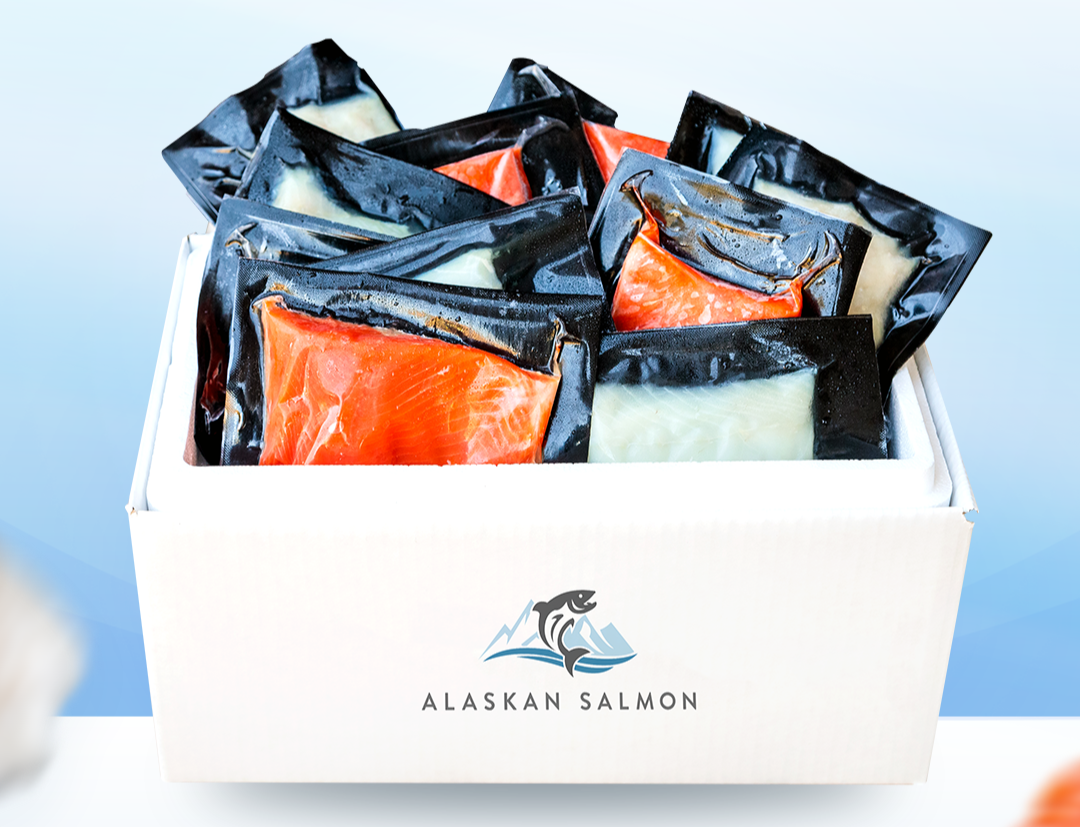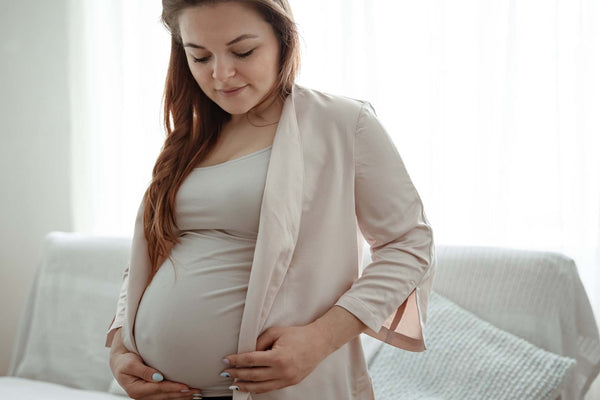Can You Eat Salmon While Pregnant?
Updated on May 26, 2022
When you’re pregnant, it can be hard to know which foods are safe to eat. Some things that were healthy before — like certain types of seafood — might suddenly be off-limits. That’s why many parents-to-be wonder: Can I still eat salmon?
It’s a valid question, especially since fish can have things like mercury, which may be harmful to your baby. This article will help clear up the confusion and answer whether salmon is a smart choice during pregnancy.
Can You Eat Salmon While Pregnant?
Yes, you can eat salmon while pregnant — and it’s actually a very healthy choice! Salmon is packed with protein and omega-3 fatty acids, which help your baby’s brain and eyes develop. It also has much lower mercury levels compared to fish like shark, swordfish, or king mackerel, which are best to avoid during pregnancy.
Just make sure salmon is fully cooked. Raw or undercooked fish (like in sushi) should be skipped for now to protect you and your baby from harmful bacteria.
How Much Salmon Can You Eat While Pregnant?
The Dietary Guidelines for Americans recommend eating 2 to 3 servings of low-mercury fish like salmon each week. That means you can safely enjoy salmon once or twice a week during pregnancy.
One serving is about 4 ounces of cooked fish — roughly the size of a deck of cards. This recommendation also applies if you’re breastfeeding, since your baby can continue to benefit from the healthy fats in salmon through your milk.
For example, you might enjoy baked salmon with brown rice for dinner or add flaked salmon to a salad for a protein-packed lunch.
Related: How Much Salmon Is Too Much?
What are the Benefits of Eating Salmon While Pregnant?
Including salmon in your diet during pregnancy can play a big role in your baby’s development and in your own physical and emotional health.
Baby’s brain and eye development
Salmon is rich in omega-3 fatty acids, especially DHA (docosahexaenoic acid) and EPA (eicosapentaenoic acid), which play a vital role in the development of your baby’s brain and eyes.
During pregnancy, your baby relies on you to get enough DHA, since it helps build the brain’s structure and supports healthy vision.
In fact, research has shown that adequate DHA intake during pregnancy is linked to improved cognitive outcomes in infants, including better problem-solving and memory skills later on.
Supports the growth and development of fetal tissues and organs
Salmon is a great source of high-quality protein, which your baby needs to build strong muscles, tissues, and organs. Protein helps with the overall growth and repair of cells — something that’s happening constantly during pregnancy.
In addition to protein, salmon also provides important nutrients like vitamin D, B vitamins, selenium, and iodine. These nutrients support your baby’s bone development, help form red blood cells, and keep your thyroid working properly — an organ that plays a key role in pregnancy.
Supports mood and heart health in pregnant women
Omega-3 fatty acids, which are abundant in salmon, do more than support your baby — they’re also good for your mental and physical health. Research suggests that higher omega-3 intake during pregnancy may reduce the risk of postpartum depression.
Research also shows that having higher levels of long-chain omega-3 fatty acids (like those found in salmon) is linked to a lower risk of several long-term health problems, including heart disease. During pregnancy, your heart works harder to support both you and your growing baby, so keeping it healthy is especially important.
Related: Salmon Health Benefits
Summary
Salmon is one of the best fish you can eat during pregnancy. It’s packed with nutrients that support your baby’s brain, eyes, and overall growth — and it also helps you feel your best by supporting your heart and mood.
As long as it’s fully cooked and enjoyed in the right amounts, salmon can be a regular, nourishing part of your weekly meals!
Want a delicious way to support your pregnancy nutrition? Our Wild Sockeye Salmon is a rich source of omega-3s and perfect for easy, healthy meals. It's a tasty step toward nourishing both you and your baby.
Frequently Asked Questions
Can I eat smoked salmon while pregnant?
Cold-smoked salmon (like lox) is not recommended during pregnancy because it’s not fully cooked and may carry harmful bacteria. However, hot-smoked salmon that has been fully cooked to a safe temperature is generally considered safe to eat.
Related: What’s the Difference Between Nova, Lox, and Smoked Salmon?
Can I eat canned salmon while pregnant?
Yes, canned salmon is safe during pregnancy as long as it’s from a low-mercury source and has been properly stored. It’s fully cooked and can be a convenient way to get your omega-3s.
Can I eat raw salmon while pregnant?
It’s best to avoid raw or undercooked salmon during pregnancy, including in sushi, to reduce the risk of foodborne illness. Always choose fully cooked fish to keep you and your baby safe.
Is wild or farmed salmon better for pregnant women?
Both wild and farmed salmon can be healthy, but wild salmon tends to have slightly higher omega-3 content and fewer contaminants. If possible, choose wild-caught salmon from trusted sources for the best nutritional value.








